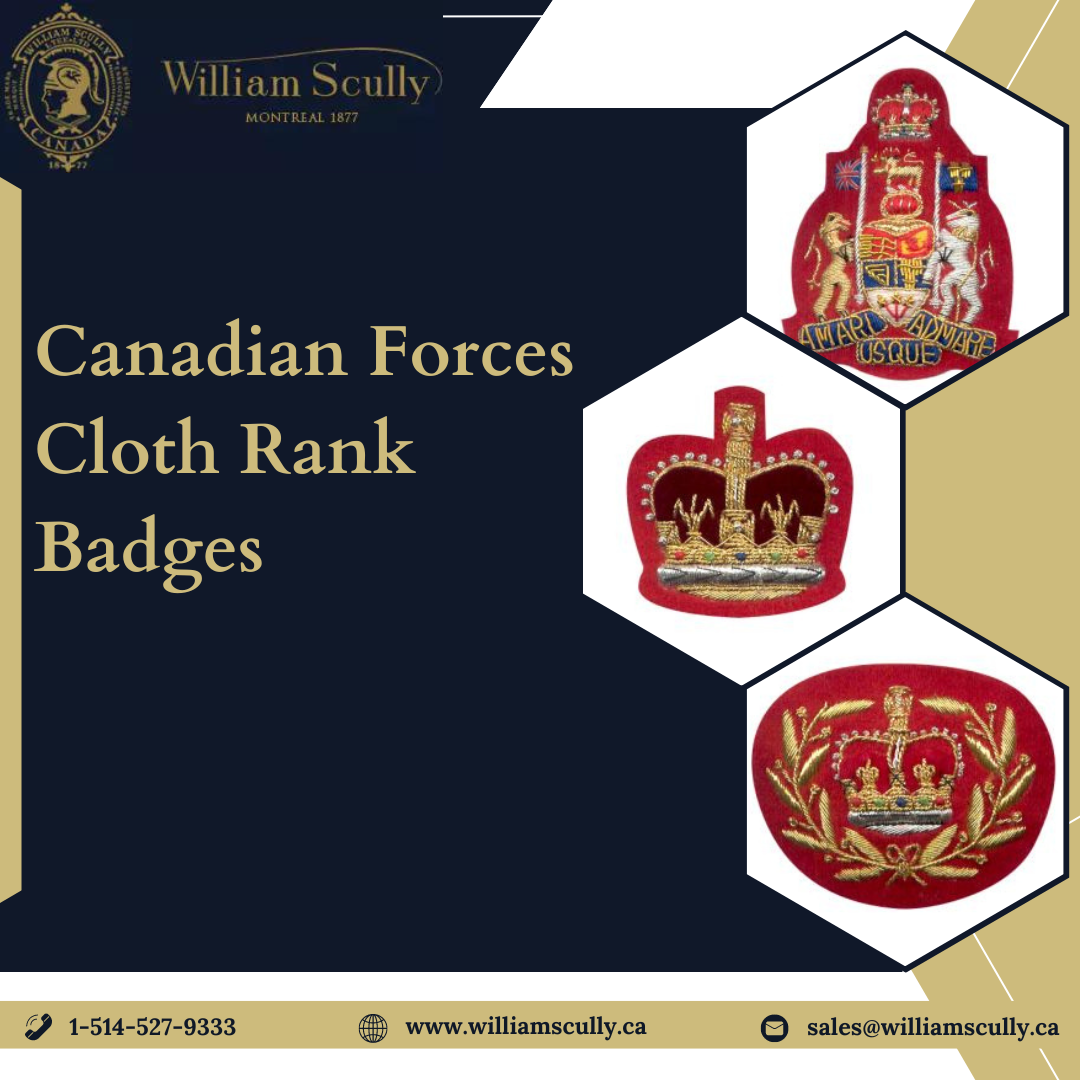Armenia: Cast Adrift in a Tough Neighborhood.
On the day Azerbaijan’s military sliced through the defenses of an ethnic Armenian redoubt last week, American soldiers from the 101st Airborne Division had just finished a training mission in nearby Armenia, a longtime ally of Russia that has been trying to reduce its nearly total dependence on Moscow for its security.
The Americans unfurled a banner made up of the flags of the United States and Armenia, posed for photographs — and then left the country. At the same time, nearly 2,000 Russian “peacekeepers” were dealing with the mayhem unleashed by their earlier failure to keep the peace in the contested area, Nagorno-Karabakh, recognized internationally as being part of Azerbaijan.
The timing of the U.S. soldiers’ rapid exit at the end of their training work — carried out under the intimidating name Eagle Partner but involving only 85 soldiers — had been scheduled for months.
Yet, coinciding as it did with the host country’s greatest moment of need, it highlighted an inescapable reality for Armenia: While it might want to reduce its reliance on an untrustworthy Russian ally that, preoccupied by the war in Ukraine, did nothing to prevent last week’s debacle, the West offers no plausible alternative.
On Thursday, the defeated ethnic Armenian government of Nagorno-Karabakh formally dissolved itself and told residents they had no choice but to leave or to live under Azerbaijani rule, acknowledging a new reality enabled by Russian passivity and unhindered by Washington.
The Biden administration rushed out two senior officials over the weekend to the Armenian capital, Yerevan, to offer comfort to Armenia’s embattled prime minister, Nikol Pashinyan. But it has so far resisted placing sanctions on Azerbaijan for a military assault that the State Department previously said it would not countenance.
“We feel very alone and abandoned,” said Zohrab Mnatsakanyan, Pashinyan’s former foreign minister.
That is not a good position to be in for a country in the South Caucasus, a volatile region of the former Soviet Union where the destiny of small nations has for centuries been determined by the interests and ambitions of outside powers.
“Mentally, we live in Europe, but geographically, we live in a very different place,” said Alexander Iskandaryan, director of the Caucasus Institute, a research group in Yerevan. “Our neighbors are not Switzerland and Luxembourg, but Turkey, Iran and Azerbaijan.”
This tough and predominantly Muslim neighborhood has meant that Armenia, intensely proud of its history as one of the world’s oldest Christian civilizations, has traditionally looked to Russia for protection, particularly since the 1915 Armenian genocide by the Ottoman Empire, a perennial enemy of the Russian Empire.
After the collapse of the Soviet Union, Armenia in 1992 joined a Russian-led military alliance offering “collective security” and expanded close economic ties with Russia forged during the Soviet era. There are, by some estimates, more Armenians living in Russia than in their home country, which gets two-thirds of its energy from Russia.
These intimate bonds, however, have now frayed so badly that some supporters of Pashinyan fear that Russia wants to capitalize on public anger and daily protests in Yerevan over the loss of Nagorno-Karabakh to try to topple the Armenian leader for having let U.S. troops in to help train his army.
The training mission was small and lasted just a few days, but that, along with other outreach to the West by Pashinyan — including a push to ratify a treaty that would make Russian President Vladimir Putin liable for arrest on suspicion of war crimes under a warrant issued by the International Criminal Court should he visit Armenia — infuriated Moscow.
“They blew it out of all proportion,” said Mnatsakanyan, because “in their view, you are either their stooge or an American stooge.” Armenia, he said, never had any intention of “jumping to America.”
“That is childish,” he added. “Playing simplistic geopolitical games, allowing ourselves to be the small change in global competition, is going to be at our cost.”
But the cost for Armenia, whatever its intentions, has already been high and could get much higher if, as many fear, Azerbaijan, with support from Turkey and a wink and a nod from a distracted Russia, expands its ambitions and tries to snatch a chunk of Armenian territory to open up a land corridor to Nakhchivan, a patch of Azerbaijani territory inside Armenia’s borders.
Benyamin Poghosyan, the former head of the Armenian Ministry of Defense’s research unit, said Azerbaijan’s conquest last week after more than three decades of on-off war in Nagorno-Karabakh “is not the end; it is just the start of another never-ending story.”
Pashinyan has so far weathered noisy, daily protests outside his office that show little sign of gaining momentum — to the frustration of pro-Russia activists like Mika Badalyan, a journalist and agitator, who warned Wednesday that “we have very little time.”
“All the talk about constitutional methods and impeachments,” he told his followers on the Telegram messaging app, “must be forgotten; Nikola will only be demolished by the street.”
Russian state media has frothed with bile against the prime minister, routinely described as a traitor to his people and to Russia, and against the United States for feasting, in Moscow’s view, on Russia’s travails in Ukraine to lure away its friends. “American jackals,” screamed Sergei Karnaukhov, a commentator on state television.
Tatul Hakobyan, an Armenian journalist who has known the prime minister for decades and meets with him regularly, said Russian state media and senior officials like former President Dmitry Medvedev were “openly supporting people in Armenia who want to topple Pashinyan.” But Putin, he added, has yet to show his hand.
Many Armenians blame Russian inaction for the loss of Nagorno-Karabakh to Azerbaijan, accusing Moscow of abandoning its small ally in pursuit of bigger economic and diplomatic opportunities offered by Turkey and Azerbaijan.
That Russia would realign its priorities in favor of a former Soviet satrap like Azerbaijan or Turkey, which it has long viewed as an impertinent interloper into former Soviet lands, is a sign of how much the war in Ukraine has rearranged and shrunk Russia’s horizons.
“Azerbaijan and Turkey suddenly became a lot more important to Russia than we are because of the war in Ukraine,” Poghosyan said. “Russia is busy in Ukraine, and it doesn’t have a lot of interest in us.”
In a bitter speech last weekend to mark Armenia’s independence day, Pashinyan said responsibility for the suffering of tens of thousands of terrified ethnic Armenians fleeing their conquered enclave lies “entirely” with Azerbaijan and “on the peacekeeping troops of the Russian Federation in Nagorno-Karabakh.”
Armenia, he added, “has never betrayed its allies,” but “the security systems and allies we have relied on for many years have set a task to demonstrate our vulnerabilities and justify the impossibility of the Armenian people to have an independent state.”
For some of the more than 75,000 ethnic Armenians who had fled Nagorno-Karabakh by Thursday, the explanation for their plight is simple: Unlike Azerbaijan, Armenia has neither large reserves of oil and gas nor control of vital transport routes to Iran, an important source of weapons and other support for Russia in Ukraine.
“They succeed because they have oil and they buy everyone,” said Naver Grigoryan, a Nagorno-Karabakh musician who joined a cavalcade of cars and trucks carrying refugees into Armenia. “We have nothing. We can only talk.”
Azerbaijan’s energy resources have also made it a vital partner for the European Union, whose hunger for energy as it tries to wean itself off deliveries from Russia make autocratic Azerbaijan a “reliable, trustworthy partner,” as a high-ranking EU official said last year.
The EU has condemned Azerbaijan’s attack on Nagorno-Karabakh but has taken no concrete action.
The Biden administration has stressed in the past that the use of force in Nagorno-Karabakh was “unacceptable.” Nevertheless, in a meeting with Pashinyan in Armenia this week, Samantha Power, the head of the U.S. Agency for International Development, said only that the United States expressed support for his leadership and “reformist government.”
Ashot Manutiyan, a retired mining engineer taking part in the protests against Pashinyan, said he was encouraged by the U.S.’ statements of support for Armenia’s government because they might suggest it was doomed.
“Look what happened to Saakashvili,” he said, referring to the zealously pro-Western former president of neighboring Georgia, Mikheil Saakashvili. “Where is he now? He is sick and in jail.”
He cursed Russia for not intervening to stop Azerbaijan’s attack on Nagorno-Karabakh but said “small countries like Armenia” in Russia’s backyard can’t afford to “poke the bear, especially when it is sick” because of its war in Ukraine.
Armenia: Cast Adrift in a Tough Neighborhood.
On the day Azerbaijan’s military sliced through the defenses of an ethnic Armenian redoubt last week, American soldiers from the 101st Airborne Division had just finished a training mission in nearby Armenia, a longtime ally of Russia that has been trying to reduce its nearly total dependence on Moscow for its security.
The Americans unfurled a banner made up of the flags of the United States and Armenia, posed for photographs — and then left the country. At the same time, nearly 2,000 Russian “peacekeepers” were dealing with the mayhem unleashed by their earlier failure to keep the peace in the contested area, Nagorno-Karabakh, recognized internationally as being part of Azerbaijan.
The timing of the U.S. soldiers’ rapid exit at the end of their training work — carried out under the intimidating name Eagle Partner but involving only 85 soldiers — had been scheduled for months.
Yet, coinciding as it did with the host country’s greatest moment of need, it highlighted an inescapable reality for Armenia: While it might want to reduce its reliance on an untrustworthy Russian ally that, preoccupied by the war in Ukraine, did nothing to prevent last week’s debacle, the West offers no plausible alternative.
On Thursday, the defeated ethnic Armenian government of Nagorno-Karabakh formally dissolved itself and told residents they had no choice but to leave or to live under Azerbaijani rule, acknowledging a new reality enabled by Russian passivity and unhindered by Washington.
The Biden administration rushed out two senior officials over the weekend to the Armenian capital, Yerevan, to offer comfort to Armenia’s embattled prime minister, Nikol Pashinyan. But it has so far resisted placing sanctions on Azerbaijan for a military assault that the State Department previously said it would not countenance.
“We feel very alone and abandoned,” said Zohrab Mnatsakanyan, Pashinyan’s former foreign minister.
That is not a good position to be in for a country in the South Caucasus, a volatile region of the former Soviet Union where the destiny of small nations has for centuries been determined by the interests and ambitions of outside powers.
“Mentally, we live in Europe, but geographically, we live in a very different place,” said Alexander Iskandaryan, director of the Caucasus Institute, a research group in Yerevan. “Our neighbors are not Switzerland and Luxembourg, but Turkey, Iran and Azerbaijan.”
This tough and predominantly Muslim neighborhood has meant that Armenia, intensely proud of its history as one of the world’s oldest Christian civilizations, has traditionally looked to Russia for protection, particularly since the 1915 Armenian genocide by the Ottoman Empire, a perennial enemy of the Russian Empire.
After the collapse of the Soviet Union, Armenia in 1992 joined a Russian-led military alliance offering “collective security” and expanded close economic ties with Russia forged during the Soviet era. There are, by some estimates, more Armenians living in Russia than in their home country, which gets two-thirds of its energy from Russia.
These intimate bonds, however, have now frayed so badly that some supporters of Pashinyan fear that Russia wants to capitalize on public anger and daily protests in Yerevan over the loss of Nagorno-Karabakh to try to topple the Armenian leader for having let U.S. troops in to help train his army.
The training mission was small and lasted just a few days, but that, along with other outreach to the West by Pashinyan — including a push to ratify a treaty that would make Russian President Vladimir Putin liable for arrest on suspicion of war crimes under a warrant issued by the International Criminal Court should he visit Armenia — infuriated Moscow.
“They blew it out of all proportion,” said Mnatsakanyan, because “in their view, you are either their stooge or an American stooge.” Armenia, he said, never had any intention of “jumping to America.”
“That is childish,” he added. “Playing simplistic geopolitical games, allowing ourselves to be the small change in global competition, is going to be at our cost.”
But the cost for Armenia, whatever its intentions, has already been high and could get much higher if, as many fear, Azerbaijan, with support from Turkey and a wink and a nod from a distracted Russia, expands its ambitions and tries to snatch a chunk of Armenian territory to open up a land corridor to Nakhchivan, a patch of Azerbaijani territory inside Armenia’s borders.
Benyamin Poghosyan, the former head of the Armenian Ministry of Defense’s research unit, said Azerbaijan’s conquest last week after more than three decades of on-off war in Nagorno-Karabakh “is not the end; it is just the start of another never-ending story.”
Pashinyan has so far weathered noisy, daily protests outside his office that show little sign of gaining momentum — to the frustration of pro-Russia activists like Mika Badalyan, a journalist and agitator, who warned Wednesday that “we have very little time.”
“All the talk about constitutional methods and impeachments,” he told his followers on the Telegram messaging app, “must be forgotten; Nikola will only be demolished by the street.”
Russian state media has frothed with bile against the prime minister, routinely described as a traitor to his people and to Russia, and against the United States for feasting, in Moscow’s view, on Russia’s travails in Ukraine to lure away its friends. “American jackals,” screamed Sergei Karnaukhov, a commentator on state television.
Tatul Hakobyan, an Armenian journalist who has known the prime minister for decades and meets with him regularly, said Russian state media and senior officials like former President Dmitry Medvedev were “openly supporting people in Armenia who want to topple Pashinyan.” But Putin, he added, has yet to show his hand.
Many Armenians blame Russian inaction for the loss of Nagorno-Karabakh to Azerbaijan, accusing Moscow of abandoning its small ally in pursuit of bigger economic and diplomatic opportunities offered by Turkey and Azerbaijan.
That Russia would realign its priorities in favor of a former Soviet satrap like Azerbaijan or Turkey, which it has long viewed as an impertinent interloper into former Soviet lands, is a sign of how much the war in Ukraine has rearranged and shrunk Russia’s horizons.
“Azerbaijan and Turkey suddenly became a lot more important to Russia than we are because of the war in Ukraine,” Poghosyan said. “Russia is busy in Ukraine, and it doesn’t have a lot of interest in us.”
In a bitter speech last weekend to mark Armenia’s independence day, Pashinyan said responsibility for the suffering of tens of thousands of terrified ethnic Armenians fleeing their conquered enclave lies “entirely” with Azerbaijan and “on the peacekeeping troops of the Russian Federation in Nagorno-Karabakh.”
Armenia, he added, “has never betrayed its allies,” but “the security systems and allies we have relied on for many years have set a task to demonstrate our vulnerabilities and justify the impossibility of the Armenian people to have an independent state.”
For some of the more than 75,000 ethnic Armenians who had fled Nagorno-Karabakh by Thursday, the explanation for their plight is simple: Unlike Azerbaijan, Armenia has neither large reserves of oil and gas nor control of vital transport routes to Iran, an important source of weapons and other support for Russia in Ukraine.
“They succeed because they have oil and they buy everyone,” said Naver Grigoryan, a Nagorno-Karabakh musician who joined a cavalcade of cars and trucks carrying refugees into Armenia. “We have nothing. We can only talk.”
Azerbaijan’s energy resources have also made it a vital partner for the European Union, whose hunger for energy as it tries to wean itself off deliveries from Russia make autocratic Azerbaijan a “reliable, trustworthy partner,” as a high-ranking EU official said last year.
The EU has condemned Azerbaijan’s attack on Nagorno-Karabakh but has taken no concrete action.
The Biden administration has stressed in the past that the use of force in Nagorno-Karabakh was “unacceptable.” Nevertheless, in a meeting with Pashinyan in Armenia this week, Samantha Power, the head of the U.S. Agency for International Development, said only that the United States expressed support for his leadership and “reformist government.”
Ashot Manutiyan, a retired mining engineer taking part in the protests against Pashinyan, said he was encouraged by the U.S.’ statements of support for Armenia’s government because they might suggest it was doomed.
“Look what happened to Saakashvili,” he said, referring to the zealously pro-Western former president of neighboring Georgia, Mikheil Saakashvili. “Where is he now? He is sick and in jail.”
He cursed Russia for not intervening to stop Azerbaijan’s attack on Nagorno-Karabakh but said “small countries like Armenia” in Russia’s backyard can’t afford to “poke the bear, especially when it is sick” because of its war in Ukraine.







